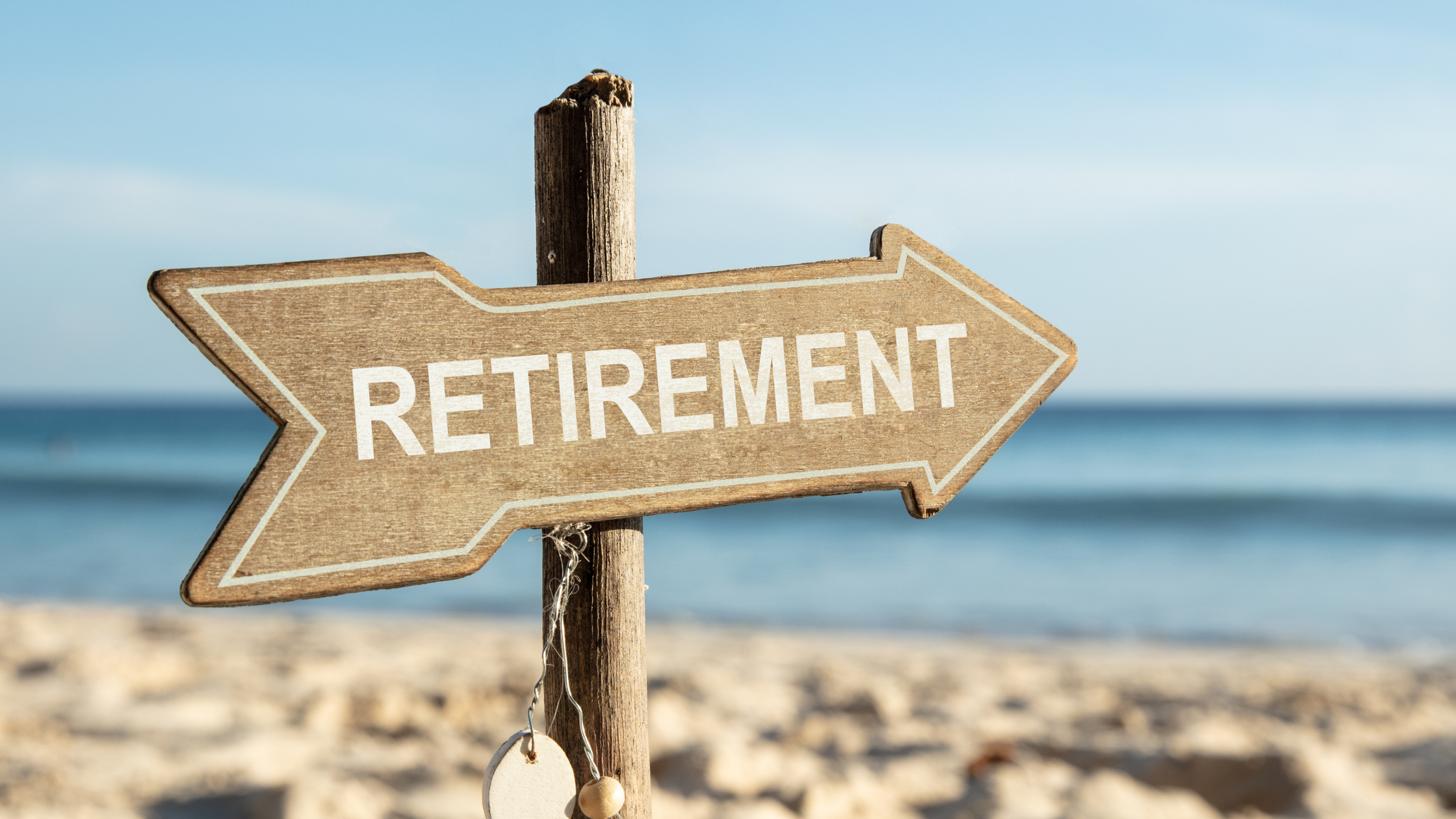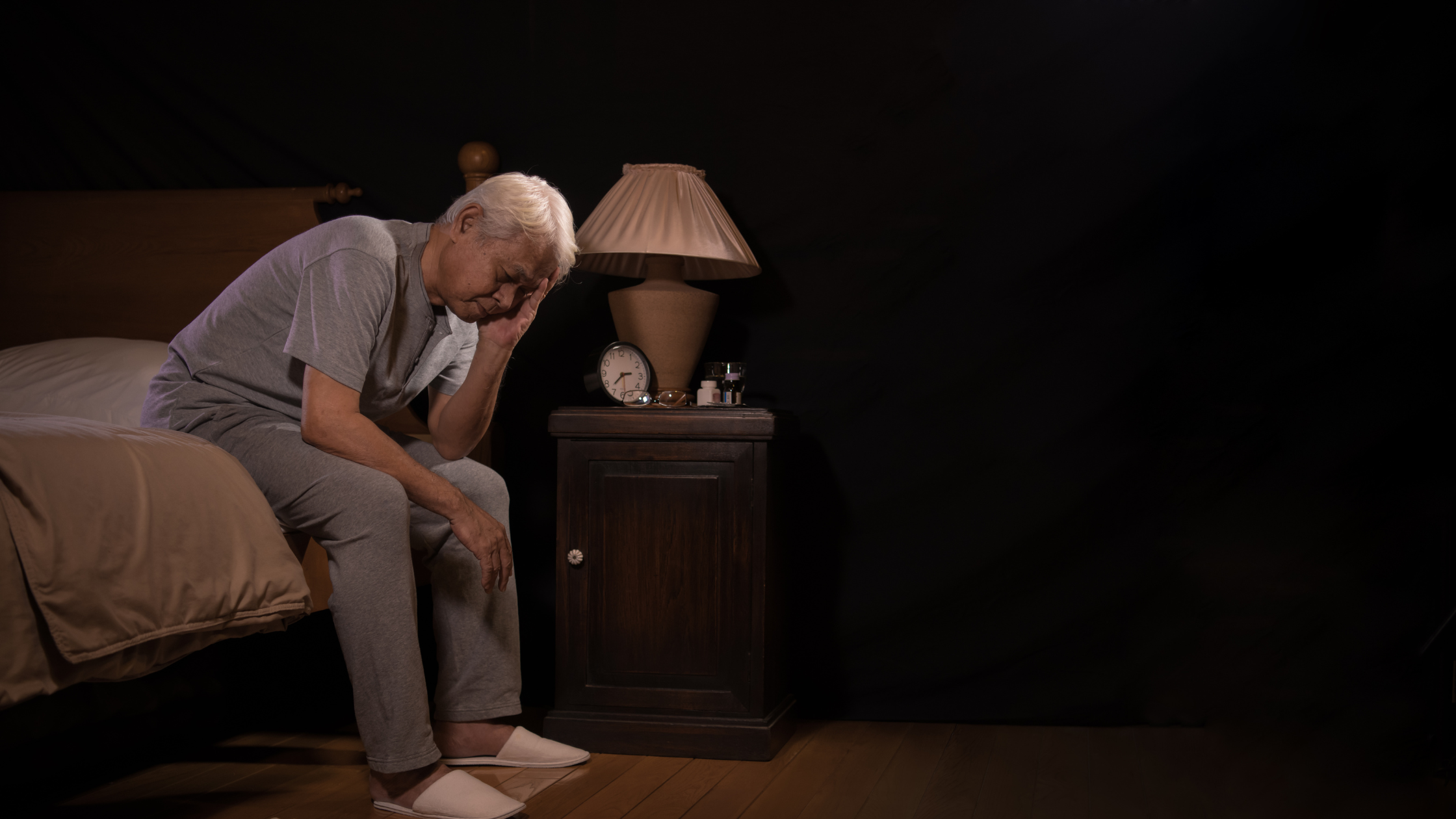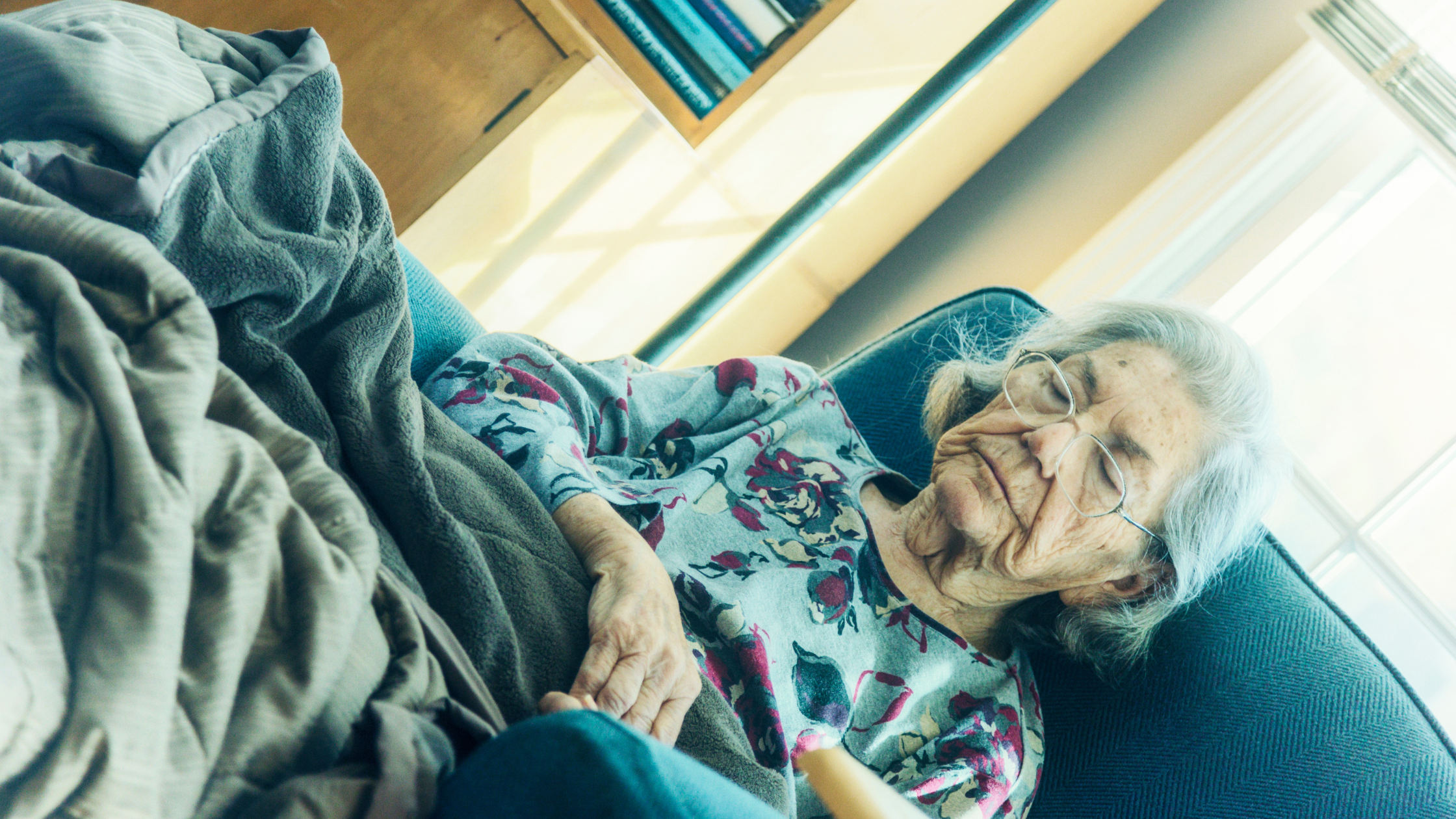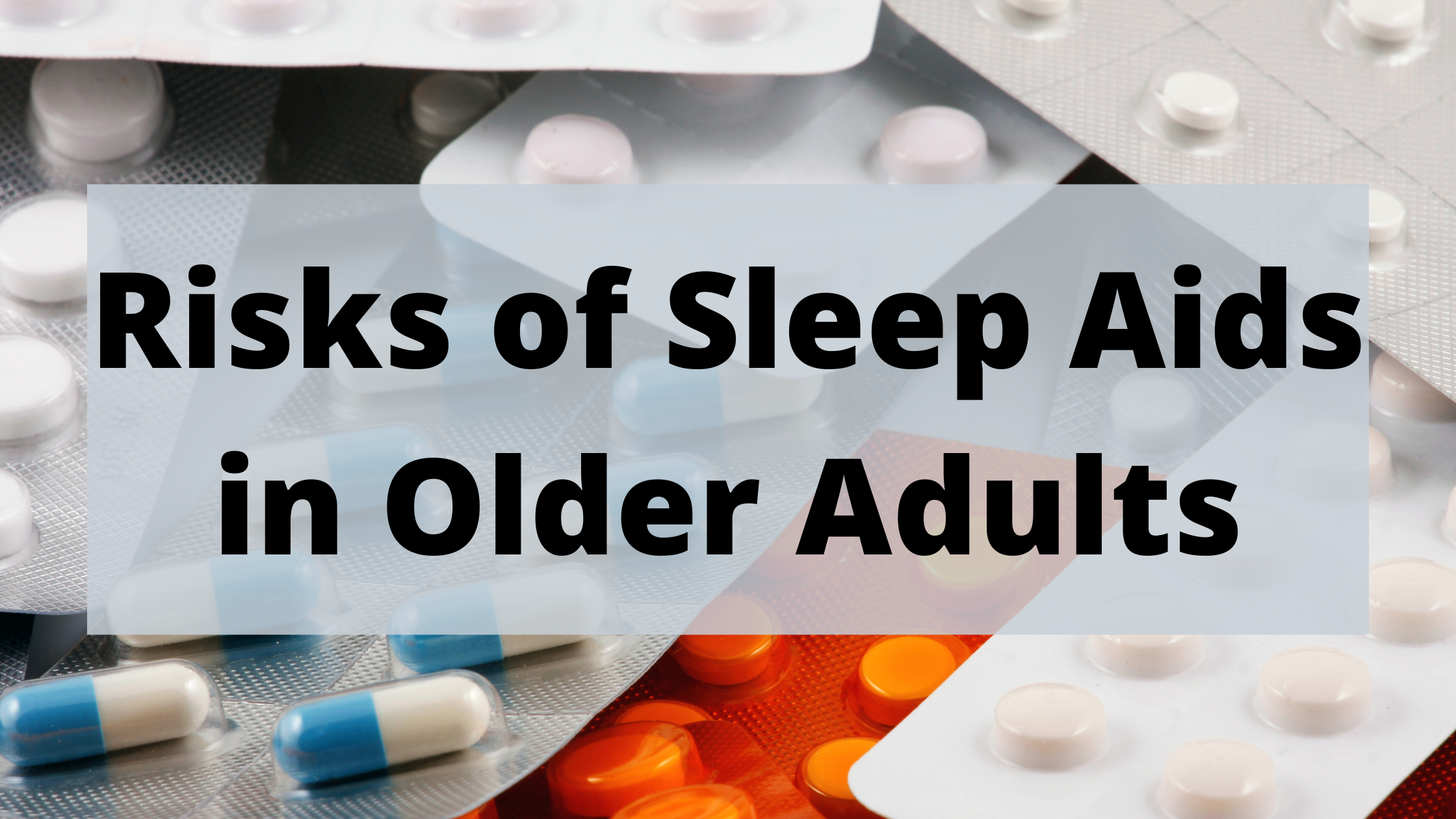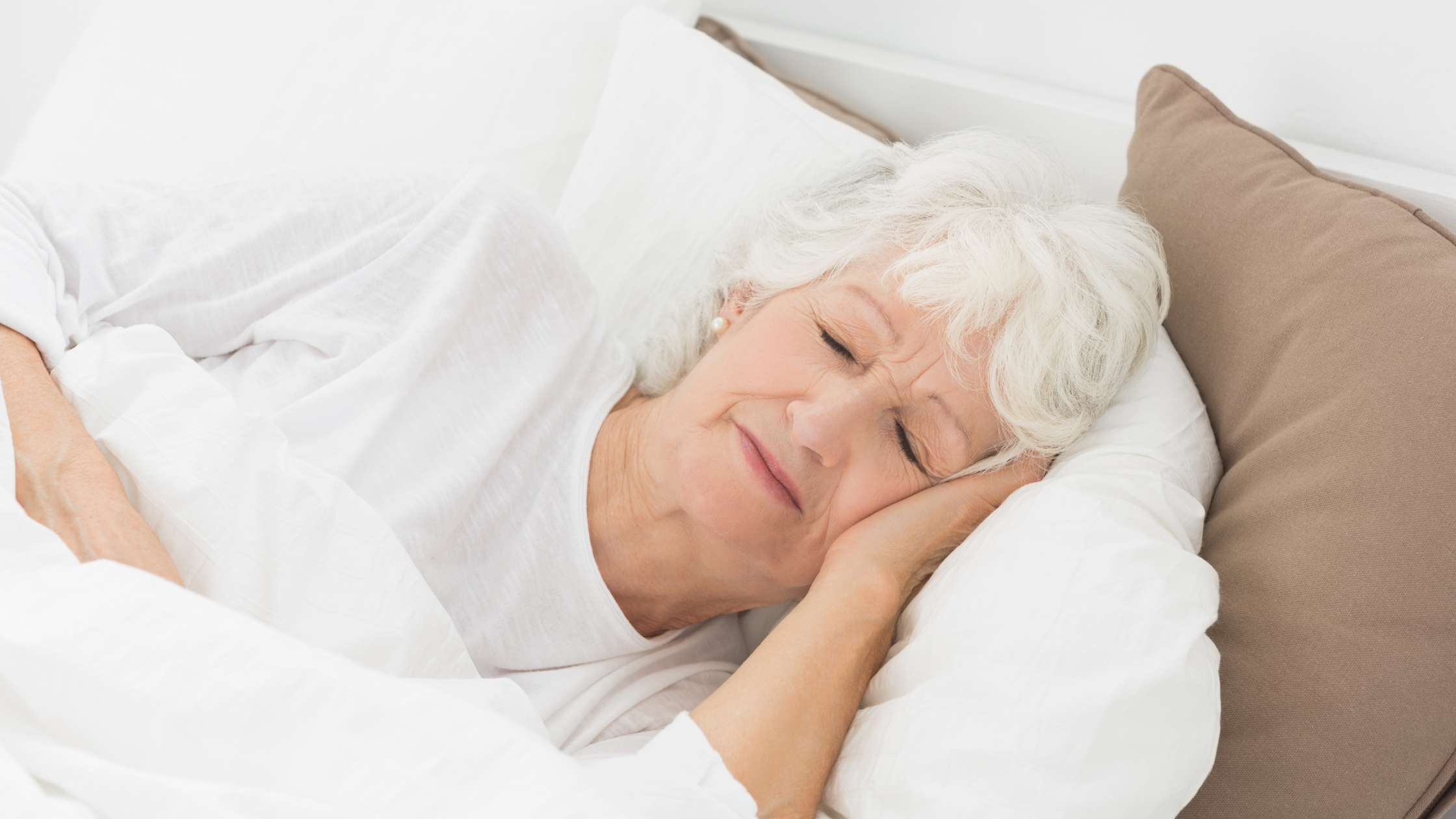
Do you ever visit your elderly grandparents, aunt or uncle, or even parent, and wonder why they're sleeping so much? If you work around older individuals in any capacity, you may realize that sleeping a lot is more common than not. As individuals get older, they are more likely to spend more of their days sleeping. The aging process can be pretty brutal on the body and can easily fatigue one out. Also, elderly individuals experience a decline in their quality of night time sleep. This increases their amount of excessive daytime sleepiness, encouraging them to take more naps during the day to make up that sleep that they're losing. Sometimes they can't really get comfortable because of their aches and pains that they experience. They may have to get up and go to the restroom multiple times because that is also just another part of aging. There are just some of the reasons that elderly individuals struggle to get sleep, therefore they make up what they're missing during the day. This means that they are taking multiple naps, doze off as soon as they sit down, or going to bed really early.
As an onlooker you may be worried if this is too much sleeping. However, if you're elderly loved one seems to be sleeping more during the day, it may or may not be cause for concern. A visit to the doctor may help you uncover some sort of underlying health problem that makes them extra tired. Continue reading learning some common issues that seniors may face that causes them to sleep all day.


